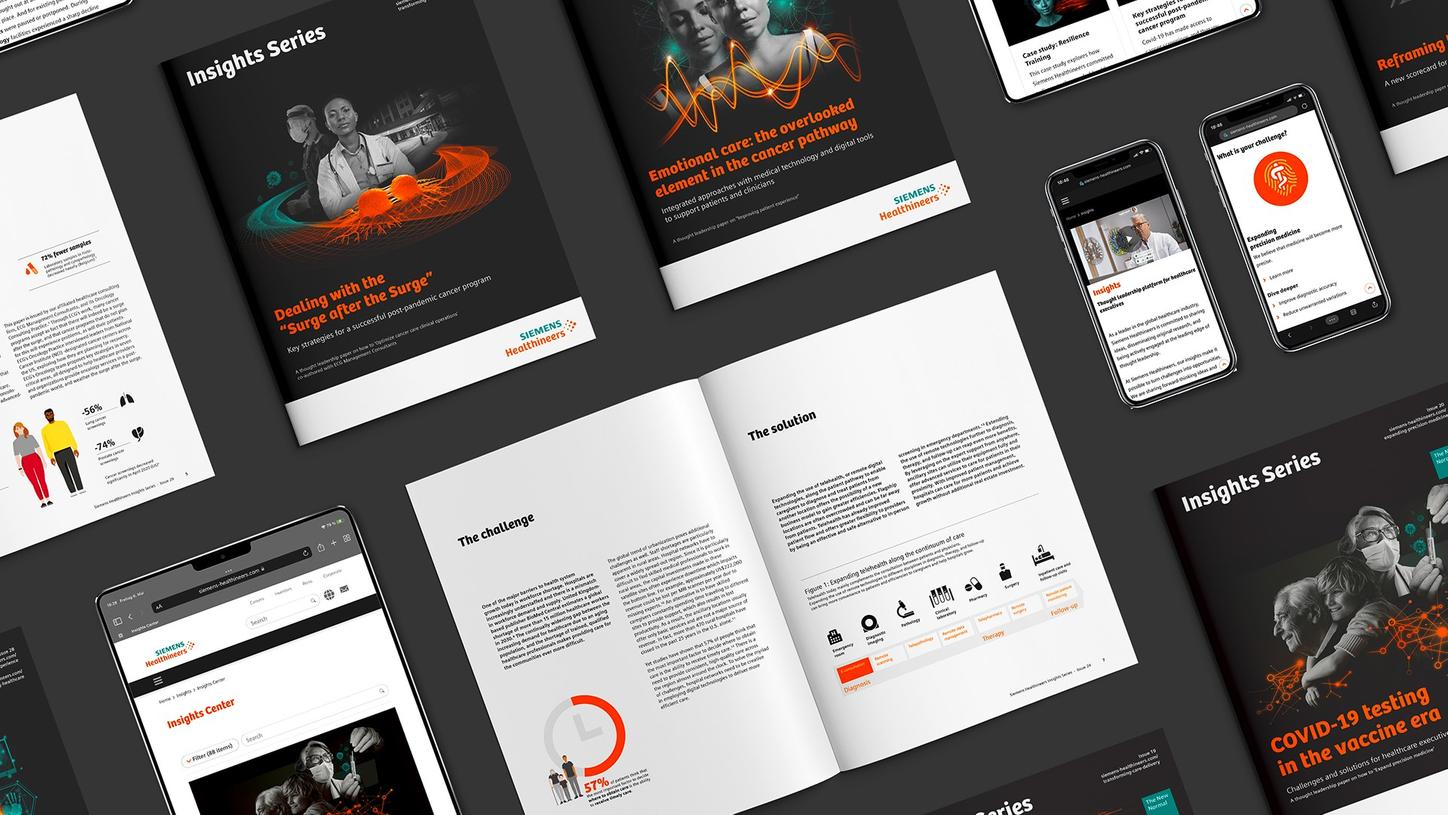| CookieConsent [x25] | bps.healthcare.siemens-healthineers.com
Cookiebot
fleet.siemens-healthineers.com
live.cardiovascularwebinars.event.siemens-healthineers.com
live.hemostasis-institute.event.siemens-healthineers.com
shs.login.siemens-healthineers.com
shs-cms.login.siemens-healthineers.com | Stores the user's cookie consent state for the current domain | 1 year | HTTP Cookie |
| locale [x7] | breast-imaging-world.event.siemens-healthineers.com
cardiovascularwebinars.event.siemens-healthineers.com
hemostasis-institute.event.siemens-healthineers.com
live.cardiovascularwebinars.event.siemens-healthineers.com
live.hemostasis-institute.event.siemens-healthineers.com
mrinsightsinrt.event.siemens-healthineers.com
mtr-symposium.event.siemens-healthineers.com | The cookie determines the preferred language and country-setting of the visitor - This allows the website to show content most relevant to that region and language. | Persistent | HTML Local Storage |
| registrationFormId [x5] | breast-imaging-world.event.siemens-healthineers.com
cardiovascularwebinars.event.siemens-healthineers.com
hemostasis-institute.event.siemens-healthineers.com
mrinsightsinrt.event.siemens-healthineers.com
mtr-symposium.event.siemens-healthineers.com | Holds the selected registrationFormId in browser tab RAM. | Session | HTML Local Storage |
| PHPSESSID | EQS Group | Preserves user session state across page requests. | Session | HTTP Cookie |
| s_cc [x8] | static.adlytics.net | Used to check if the browser of the user supports JavaScript. | Session | HTTP Cookie |
| __cf_bm | Auth0 | This cookie is used to distinguish between humans and bots. This is beneficial for the website, in order to make valid reports on the use of their website. | 1 day | HTTP Cookie |
| WalkMeStorage_c97a2ecef42240998dfbfd774130973c | Walkme | The cookie is responsible for the overall storage method of WalkMe, it tracks user information for completion of WalkMe contents like Walk-Thrus or PopUps. | 2 years | HTTP Cookie |
| WalkMeStorage_WalkMe_testStorage | Walkme | It's a test cookie that is written when WalkMe's cross domain storage is initialized to make sure Cookies in a 3rd pary context are writeable. The cookie is responsible for the overall storage method of WalkMe, where the other cookies get stored that allow WalkMe to function. | 2 years | HTTP Cookie |
| wm-deepui-master-mode | Walkme | Pending | Persistent | HTML Local Storage |
| wm-load-cd-snippet | Walkme | Pending | Persistent | HTML Local Storage |
| wm-preload-data | Walkme | The cookie is used in context with the local-storage function in the browser. This function allows the website to load faster by pre-loading certain procedures. | Persistent | HTML Local Storage |
| WMS_c97a2ecef42240998dfbfd774130973c__WMML_SESSION_ID__ | Walkme | Pending | Session | HTML Local Storage |
| WMS_c97a2ecef42240998dfbfd774130973cpriority | Walkme | Pending | Session | HTML Local Storage |
| wm-state | Walkme | Pending | Persistent | HTML Local Storage |
| _legacy_auth0.54brjgoPJcj5Ia9Ln4yWpWWOfcCOQwrl.is.authenticated | events.siemens-healthineers.com | Boolean cookie that holds the information about the possibility of the user to have a valid session | Session | HTTP Cookie |
| _legacy_auth0.54brjgoPJcj5Ia9Ln4yWpWWOfcCOQwrl.organization_hint | events.siemens-healthineers.com | Boolean cookie that holds the information about the possibility of the user to have a valid session | Session | HTTP Cookie |
| at_check [x3] | Siemens | This cookie determines whether the browser accepts cookies. | Session | HTTP Cookie |
| auth0.54brjgoPJcj5Ia9Ln4yWpWWOfcCOQwrl.is.authenticated | events.siemens-healthineers.com | Boolean cookie that holds the information about the possibility of the user to have a valid session | Session | HTTP Cookie |
| auth0.54brjgoPJcj5Ia9Ln4yWpWWOfcCOQwrl.organization_hint | events.siemens-healthineers.com | Boolean cookie that holds the information about the possibility of the user to have a valid session | Session | HTTP Cookie |
| browser-tabs-lock-key-auth0.lock.getTokenSilently [x2] | events.siemens-healthineers.com
www.siemens-healthineers.com | Pending | Persistent | HTML Local Storage |
| locals | events.siemens-healthineers.com | The localization of buttons and labels in all available languages is stored in this cookie in order to change the language if necessary or desired, otherwise functionality will be limited. | Persistent | HTML Local Storage |
| settings [x3] | events.siemens-healthineers.com
www.medmuseum.siemens-healthineers.com
www.siemens-healthineers.com | This cookie is used to determine the preferred language of the visitor and sets the language accordingly on the website, if possible. | Persistent | HTML Local Storage |
| dtCookie | fleet.siemens-healthineers.com | Pending | Session | HTML Local Storage |
| dtSa | fleet.siemens-healthineers.com | Collects data on the user’s navigation and behavior on the website. This is used to compile statistical reports and heatmaps for the website owner. | Session | HTML Local Storage |
| JSESSIONID [x3] | fleet.siemens-healthineers.com
forum.siemens-healthineers.com
www.fairorg.de | Used for application teamplay Fleet session management | Session | HTTP Cookie |
| kampyle_userid | fleet.siemens-healthineers.com | UUID for identifying a user | Persistent | HTML Local Storage |
| kampyleInvitePresented | Medallia | Pending | Session | HTTP Cookie |
| kampyleSessionPageCounter | fleet.siemens-healthineers.com | Tracks the number of pages the user has been in the session. | Persistent | HTML Local Storage |
| kampyleUserPercentile | Medallia | Number between 0-100 used for percentage of users targeting | Session | HTTP Cookie |
| kampyleUserSession | fleet.siemens-healthineers.com | Timestamp indicating when the user has started his session | Persistent | HTML Local Storage |
| kampyleUserSessionsCount | fleet.siemens-healthineers.com | Tracks number of sessions user has on the website | Persistent | HTML Local Storage |
| md_isSurveySubmittedInSession | Medallia | Pending | Session | HTTP Cookie |
| mdLogger | Medallia | This cookie just acts as a flag to indicate if the logs collection is ON or not. This cookie is required as it helps in technical troubleshooting and investigations as and when needed. | Session | HTTP Cookie |
| rxvisitid | fleet.siemens-healthineers.com | Sets a unique ID for the session. This allows the website to obtain data on visitor behaviour for statistical purposes. | Session | HTML Local Storage |
| rxVisitor | fleet.siemens-healthineers.com | Pending | Session | HTML Local Storage |
| rxvt | fleet.siemens-healthineers.com | Determines when the visitor last visited the different subpages on the website, as well as sets a timestamp for when the session started. | Session | HTML Local Storage |
| wm_load_test_c97a2ecef42240998dfbfd774130973c_0 | Walkme | Test the impact of WM player on the website loading performance, by randomly delaying loading WM, and measuring the load times with/without WM | Session | HTTP Cookie |
| XSRF-TOKEN | fleet.siemens-healthineers.com | Ensures visitor browsing-security by preventing cross-site request forgery. This cookie is essential for the security of the website and visitor. | Session | HTTP Cookie |
| isLoggedIn | forum.siemens-healthineers.com | Pending | Session | HTML Local Storage |
| gig3pctest | SAP | This cookie determines whether the browser accepts cookies. | Session | HTTP Cookie |
| gmid | SAP | Identifies the logged in user. A unique session ID is linked to the user so that he/she is identified while navigating the website. The user is logged out when the cookie expires. | 1 year | HTTP Cookie |
| showGuestData | hemostasis-institute.event.siemens-healthineers.com | Keeps the information if the guest data should be displayed to survive a reload of the page | Session | HTML Local Storage |
| IRPages2_Session | EQS Group | Pending | Session | HTTP Cookie |
| _vscid | jobs.siemens-healthineers.com | Cookie identifies the User/Browser IP address (country-level), for session load balancing purposes. | 1 year | HTTP Cookie |
| dgs_session_id [x2] | live.cardiovascularwebinars.event.siemens-healthineers.com
live.hemostasis-institute.event.siemens-healthineers.com | Pending | 7 days | HTTP Cookie |
| _csrf [x2] | shs.login.siemens-healthineers.com | Ensures visitor browsing-security by preventing cross-site request forgery. This cookie is essential for the security of the website and visitor. | 11 days | HTTP Cookie |
| auth0 [x2] | shs.login.siemens-healthineers.com | This cookie is necessary for the login function on the website. | Session | HTTP Cookie |
| auth0_compat [x2] | shs.login.siemens-healthineers.com | This cookie is necessary for the login function on the website. | Session | HTTP Cookie |
| did [x3] | shs.login.siemens-healthineers.com
shs-cms.login.siemens-healthineers.com | Unique id that identifies the user's session. | Session | HTTP Cookie |
| did_compat [x3] | shs.login.siemens-healthineers.com
shs-cms.login.siemens-healthineers.com | Ensures visitor browsing-security by preventing cross-site request forgery. This cookie is essential for the security of the website and visitor. | Session | HTTP Cookie |
| lastLogonClientId | login.siemens-healthineers.com | The client ID of the application of the last logon | 4 days | HTTP Cookie |
| ASP.NET_SessionId | Postclickmarketing.com | Preserves the visitor's session state across page requests. | Session | HTTP Cookie |
| KeyGrip.ashx | Postclickmarketing.com | Pending | Session | Pixel Tracker |
| LiveBall | Postclickmarketing.com | Pending | 1 year | HTTP Cookie |
| ss-id | Postclickmarketing.com | Necessary for the shopping cart functionality on the website. | Session | HTTP Cookie |
| ss-pid | Postclickmarketing.com | Necessary for the shopping cart functionality on the website. | 20 years | HTTP Cookie |
| _vs | siemens-healthineers.com | Cookie identifies User as a ‘not yet authenticated’ (aka User is not signed into Eightfold) | 1 year | HTTP Cookie |
| dtCookie | siemens-healthineers.com | Pending | Session | HTTP Cookie |
| dtPC | siemens-healthineers.com | Pending | Session | HTTP Cookie |
| dtSa | siemens-healthineers.com | Pending | Session | HTTP Cookie |
| InformationLayer | siemens-healthineers.com | Stores the visitor's confirmation on informational layer | Session | HTTP Cookie |
| rxVisitor | siemens-healthineers.com | Pending | Session | HTTP Cookie |
| rxvt | siemens-healthineers.com | Sets a timestamp for when the visitor entered the website. This is used for analytical purposes on the website. | Session | HTTP Cookie |
| subTenantClientId | shs.login.siemens-healthineers.com | The client ID of the application of the last logon on sub-tenant | Session | HTTP Cookie |
| termsandconditionsflag | siemens-healthineers.com | User accepted terms and conditions of the forum. | Session | HTTP Cookie |
| test | static.adlytics.net | Used to detect if the visitor has accepted the marketing category in the cookie banner. This cookie is necessary for GDPR-compliance of the website. | Session | HTTP Cookie |
| _legacy_auth0.FCUyIe4TQtwkeyVk351gWOUvCKGSSR5F.is.authenticated [x2] | www.cspartnerportal.siemens-healthineers.com
www.siemens-healthineers.com | Boolean cookie that holds the information about the possibility of the user to have a valid session | Session | HTTP Cookie |
| _legacy_auth0.FCUyIe4TQtwkeyVk351gWOUvCKGSSR5F.organization_hint [x2] | www.cspartnerportal.siemens-healthineers.com
www.siemens-healthineers.com | Boolean cookie that holds the information about the possibility of the user to have a valid session | Session | HTTP Cookie |
| auth0.FCUyIe4TQtwkeyVk351gWOUvCKGSSR5F.is.authenticated [x2] | www.cspartnerportal.siemens-healthineers.com
www.siemens-healthineers.com | Boolean cookie that holds the information about the possibility of the user to have a valid session | Session | HTTP Cookie |
| auth0.FCUyIe4TQtwkeyVk351gWOUvCKGSSR5F.organization_hint [x2] | www.cspartnerportal.siemens-healthineers.com
www.siemens-healthineers.com | Boolean cookie that holds the information about the possibility of the user to have a valid session | Session | HTTP Cookie |
| /idbfs#FILE_DATA | www.siemens-healthineers.com | Pending | Persistent | IndexedDB |
| UnityCache#WebAssembly | www.siemens-healthineers.com | Pending | Persistent | IndexedDB |
| UnityCache#XMLHttpRequest | www.siemens-healthineers.com | This cookie is necessary for the cache function. A cache is used by the website to optimize the response time between the visitor and the website. The cache is usually stored on the visitor’s browser. | Persistent | IndexedDB |










